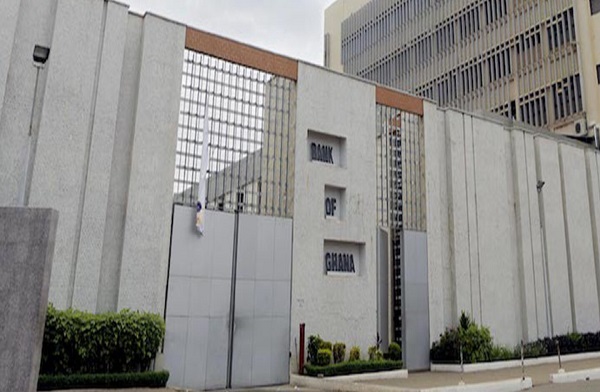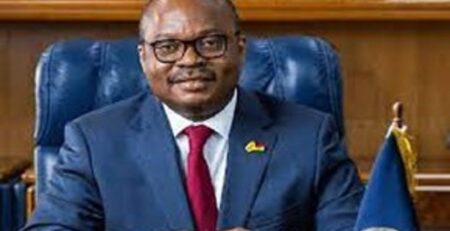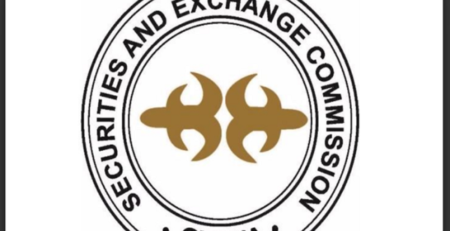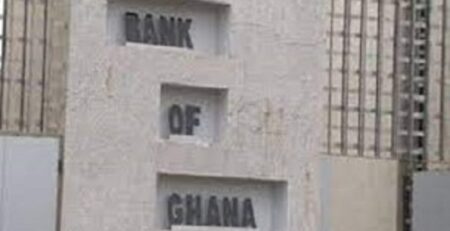BoG affirms commitment to launch e-Cedi before 2026
Bank of Ghana Governor Dr. Ernest Addison has reassured the public that the launch of the much-anticipated e-Cedi, the country’s digital currency, will take place before the end of 2026.
The Governor acknowledged progress made in the e-Cedi’s development, but attributed the delay in its launch to economic dislocation caused by the events of 2022.
“Probably, it could be earlier than that. As I mentioned, we have reached a point of trying to understand the commercials a little bit more,” said Dr. Addison during an interview held on the side-lines of the Eastern Caribbean Central Bank (ECCB) 40th anniversary and Central Banking Autumn meetings in Saint Kitts and Nevis in November 2023.
He further explained that after successful completion of the pilot phase in Sefwi Asafo, discussions on the e-Cedi’s commercial aspects were initiated. However, the COVID-19 pandemic’s onset and resulting economic crisis shifted priorities – leading the central bank to temporarily halt the digitisation process.
The pilot was an essential step in the country’s plan to enhance financial inclusion and promote digitalisation. Despite the setback caused by economic challenges, the central bank remains optimistic about the e-Cedi’s future.
In December 2023, the Bank of Ghana announced winners of the country’s first ever e-Cedi hackathon. The e-Cedi Hackathon reflects the fintech community’s enthusiastic engagement. The competition encouraged innovation and partnerships around the central bank’s new digital currency. Of 88 initial applicants, 10 finalists were selected to showcase their e-Cedi solutions; covering areas such as agriculture, government payments, business transactions, taxation and more.
Dr. Addison provided insights into the e-Cedi pilot’s status, emphasising its offline operational capacity. “The central bank did a lot of things due to favourable conditions at the end of 2019,” he explained. The pilot, conducted in some of the country’s remotest parts, featured an offline version of the digital currency to ensure usability in areas with limited connectivity infrastructure.
“The Ghanaian population is used to mobile money, so the concept of a digital currency was easily absorbed – it’s not an alien concept to people,” Dr. Addison highlighted. Positive results from the pilot, wherein participants were given a certain value to spend within their locality, demonstrated the e-Cedi’s potential success.
While the economic challenges of 2022 prompted a reevaluation of priorities, Dr. Addison emphasised that progress toward launching the e-Cedi is ongoing. The central bank’s adoption of a retail token-based CBDC, stored locally on various devices, aims to replicate traditional attributes of physical cash while incorporating additional functionalities.
“The e-Cedi’s successful deployment could have a significant impact on the country, helping to augmentthe government’s digitalisation agenda and foster financial inclusion,” Dr. Addison stressed. The Bank of Ghana seeks to reinforce its role as an active regulator and facilitator of a digital economy, aligning with the nation’s evolving financial landscape.
As Ghana advances in its digital currency efforts, the e-Cedi hackathon served as a crucial milestone, fostering innovation and supporting the nation’s goals of financial access and digital transformation. With assurances from the Bank of Ghana’s Governor, anticipation builds for the e-Cedi’s official launch – which is expected to bring transformative changes to the country’s financial ecosystem.
Source: B&ft














Leave a Reply